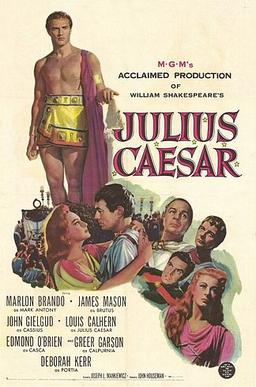 |
| Ronald Colman in Random Harvest |
Paula: Greer Garson
Dr. Jonathan Benet: Philip Dorn
Kitty: Susan Peters
Dr. Sims: Henry Travers
"Biffer": Reginald Owen
Harrison: Bramwell Fletcher
Sam: Rhys Williams
Tobacconist: Una O'Connor
Sheldon: Aubrey Mather
Mrs. Deventer: Margaret Wycherly
Chetwynd: Arthur Margetson
George: Melville Cooper
Director: Mervyn LeRoy
Screenplay: Claudine West, George Froeschel, Arthur Wimperis
Based on a novel by James Hilton
Cinematography: Joseph Ruttenberg
Art direction: Cedric Gibbons
Film editing: Harold F. Kress
Music: Herbert Stothart
It's a good thing that amnesia is as rare an affliction in real life as it is, because it gives the crafters of melodrama free rein to imagine its effects, such as the case of what might be called "double amnesia" that plagues Charles Rainier in Random Harvest. For not only does Rainer forget who he is once, after suffering shell shock in the trenches of World War I, he then forgets what happened to him during that bout of amnesia after being hit by a taxi and brought back to his senses. That is, having once forgotten that he was heir to a lucrative family business, he now forgets that he wandered away from the asylum where he was being treated and fell in love with Paula, a music hall performer who devoted herself to him as he launched a career as a writer named John Smith -- she calls him Smithy. But plucky Paula learns the truth about her Smithy, goes to business school and learns to be a high-powered corporate secretary, and gets herself hired as Charles Rainier's executive secretary -- all without revealing the truth about that lost passage in their lives. Was ever such nonsense taken seriously? Yes, indeed, because it's filmed through MGM's highest-quality gauze, with Ronald Colman at his handsome stoic best and Greer Garson at her plummiest and dewiest, full of trembling self-sacrifice. It was a huge hit, partly because it hit wartime audiences where they lived: separated wives and husbands, uncertain whether they they would be reunited and made whole again. Today, we can look back on Random Harvest with irony, or view it as a product of a particular period of Hollywood history that will never come again. But it's made with such affection for its improbabilities, which are manifold, that I can't help admiring it.
